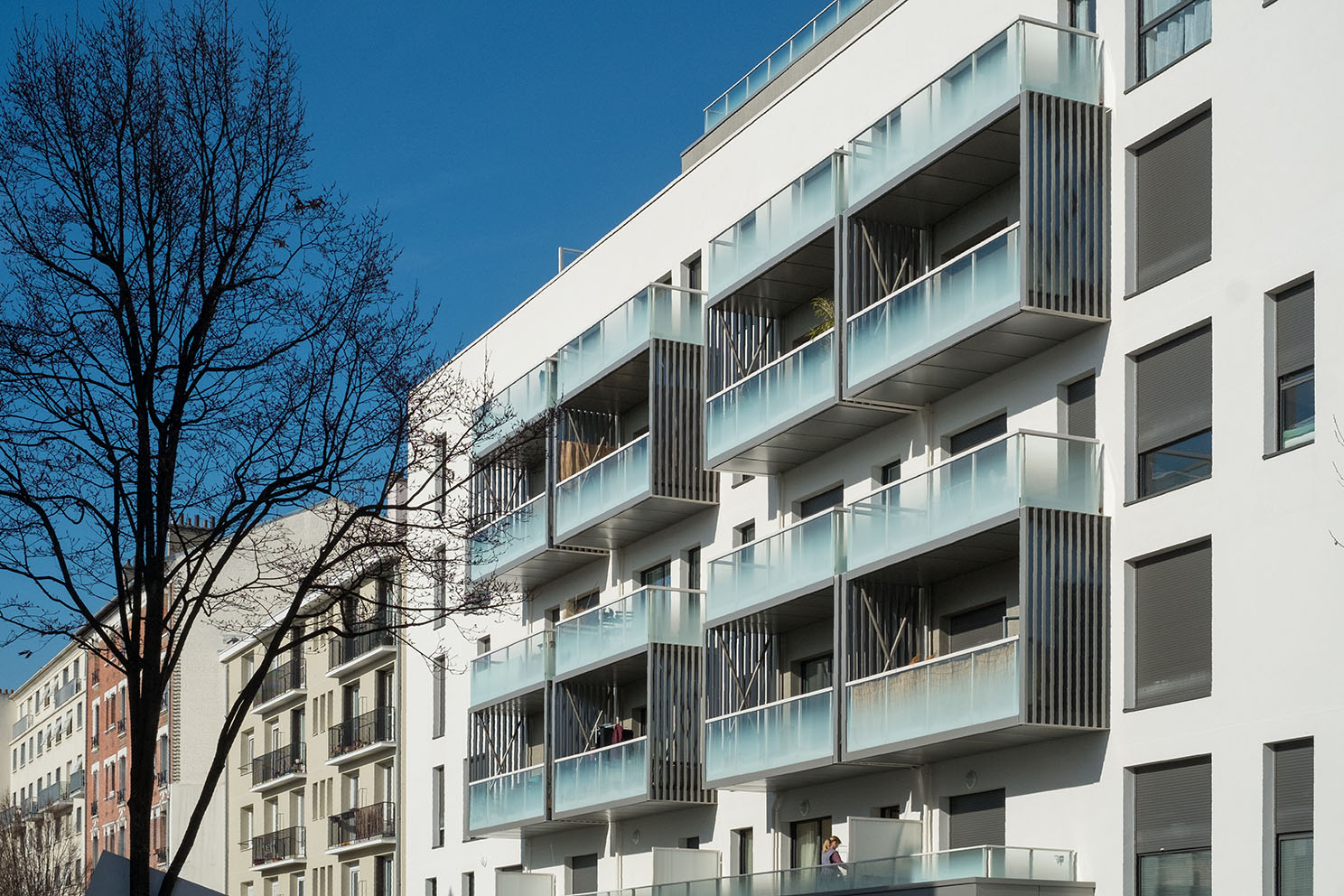Press review - 21/05/2024
Transformation of Offices into Housing: Why It Might Still Hit Snags
INVESTIGATION - Early next week, the Senate will examine a bill from the National Assembly aimed at facilitating the conversion of offices into housing. The bill will allow local officials to deviate from their local urban planning regulations, but professionals argue that the issue of property tax on offices is being approached incorrectly. This comes as the number of vacant buildings is set to increase further in the Greater Paris area, with similar situations in the provinces.

It's an "enormous resource" according to Housing Minister Guillaume Kasbarian: the transformation of offices into housing. With the policy of zero net land artificialization (ZAN) pushing to minimize the use of agricultural land, converting obsolete office assets into housing is a key strategy for the government to address the housing crisis.
The executive thus supports a bill by Democratic MP from Ain, Romain Daubié, which will be debated in the Senate on May 21 and 22. This bill aims, in particular, to remove local barriers, though the political will of local officials will always prevail.
Deviating from the local urban plan
One of the first points of the bill will allow deviations from the local urban plan (PLU) to facilitate the issuance of building permits. Mayors or intercommunity presidents will be able to convert offices into housing in PLU zones where the "residential" use is not authorized, explains Vie-publique.fr. Likewise, in all municipalities with a PLU, offices and former public buildings can be converted into offices.
If the local urban plan is under intercommunity jurisdiction, the municipality will have the right to oppose any conversion if it has to bear "the bulk" of the new public services.
"These operations must first be validated by the local authorities, which may face financing issues for the facilities induced by the new housing," notes Patrick Supiot, General Director of Commercial Real Estate and Development at Vinci Immobilier.
A problem approached incorrectly
The issue today is that the transformation is only subject to development tax if there is an increase in surface area. Tomorrow, the relevant local authority could subject the transformation to this tax even without an increase in surface area and determine the tax base. Intercommunities could redistribute all or part of the development tax revenue to the concerned municipalities.
Besides local officials, deputies have also considered professionals with “an advanced conversion project”. They proposed exempting these assets from office tax in Île-de-France and Provence-Alpes-Côte d'Azur to ensure economic balance
For developer Cédric de Lestrange, the problem is approached incorrectly: "Is it normal that property tax on offices generates the same revenue whether the office is occupied or vacant? It’s economically flawed – a vacant building has a much lower value – and this does not encourage local officials to transform" points out the president of Axe Immobilier.
A climate aberration that cannot be resolved outside the budget
The Senate Finance Committee, consulted for advice, considers that these measures related to development tax and office tax "appear as the natural complement to the other incentive measures of the bill in so far as their scope is strictly limited to office-to-housing conversion operations."
"Having property tax on offices during a major redevelopment is anti-ecological. It's then in your interest to demolish and rebuild rather than preserving the structure: it doesn't cost more and saves you three years of property tax, which is substantial" responds Cédric de Lestrange.
Read more on the La Tribune website.